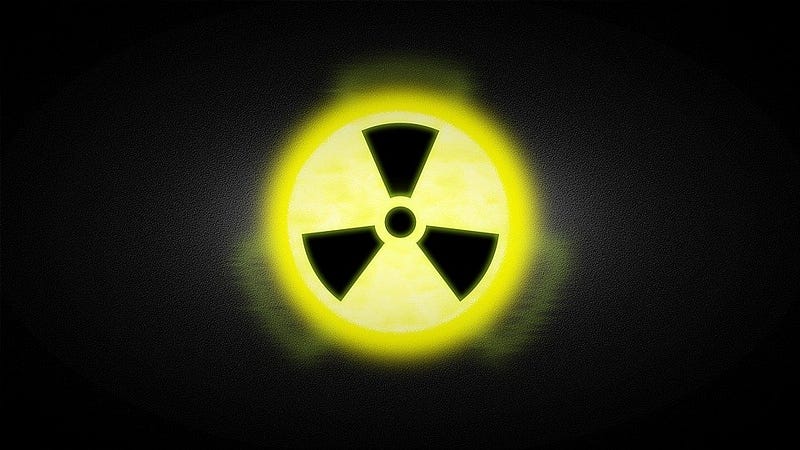Exploring the Surprising Link Between Radiation and Longevity
Written on
Chapter 1: Understanding Radiation
Radiation often gets a bad rap, but the term encompasses a wide range of energy transmission, including visible light, heat, and radio waves. While many forms of radiation are harmless, the situation changes with ionizing radiation, which possesses enough energy to dislodge electrons from atoms and molecules. This category includes X-rays, gamma rays, and the more energetic segments of ultraviolet (UV) radiation.
Ionizing radiation is the reason why places like Chernobyl remain hazardous. The process of ionization can break chemical bonds, leading to the formation of free radicals—highly reactive molecules that can harm our bodies. Therefore, the prevailing view is that there is no safe threshold for ionizing radiation, as suggested by the linear no-threshold model.
Despite the risks, we cannot entirely escape ionizing radiation. Cosmic rays penetrate our atmosphere, and natural sources like radon and uranium contribute to our constant exposure.

Chapter 1.1: The Concept of Hormesis
Now, let's delve into the idea of hormesis, which will soon become relevant.
Hormesis refers to the phenomenon whereby exposure to small amounts of harmful substances can yield beneficial effects. The saying "what doesn't kill you makes you stronger" captures this concept well. This notion dates back to at least the 8th century BC, as discussed by Hesiod in his work, Harmonia.
A historical example of hormesis is the case of Mithridates VI Eutapor, a Persian/Greek ruler who, fearing assassination through poison, regularly consumed small doses of toxins to build resistance. Legends suggest he developed immunity to arsenic, which ultimately backfired when he attempted to take his own life through poisoning.
Research into hormesis continues, particularly concerning aging and longevity. Limited exposure to stressors such as caloric restriction, heat, and even free radicals might activate protective responses in our bodies, potentially promoting a longer life.
Chapter 1.2: Background Radiation and Health
Recent studies have begun to explore whether radiation-induced hormesis could extend to humans. A notable investigation analyzed life expectancy, cancer-adjusted mortality rates, and background radiation levels across the United States, encompassing over 320 million individuals.
The findings were intriguing: higher levels of background ionizing radiation correlated with increased life expectancy—an increase of 3 to 4 years between the lowest and highest radiation levels. This connection may stem from a decrease in cancer mortality rates associated with higher radiation levels, particularly for lung, pancreatic, and colorectal cancers in both sexes, and brain and bladder cancers in males.
This first video discusses the long-term biological effects of radiation and examines statistics related to radiation risk.
However, caution is warranted. The researchers acknowledge that their conclusions rely on indirect estimates of background radiation, emphasizing the need for further research with direct measurements. They also note that various factors, such as income, smoking habits, and healthcare access, could influence life expectancy and health outcomes, thus complicating the relationship between radiation and longevity.
While the study suggests a correlation, it does not imply causation. Numerous potential confounding variables exist, and the scientists are working on more comprehensive analyses to better understand these relationships.
The second video explores the effects of radiation on human health, highlighting both risks and potential benefits.
Ultimately, before rushing to seek out radiation exposure for health benefits, it is crucial to remember that this study pertains to background radiation levels, ranging from 97 to 227 mrem per year. In contrast, a single chest X-ray delivers about 10 mrem, while a full-body CT scan can expose you to around 1,000 mrem. Even if hormesis plays a role, large doses are likely to have adverse effects. Swimming in a nuclear reactor, after all, remains an unwise choice.